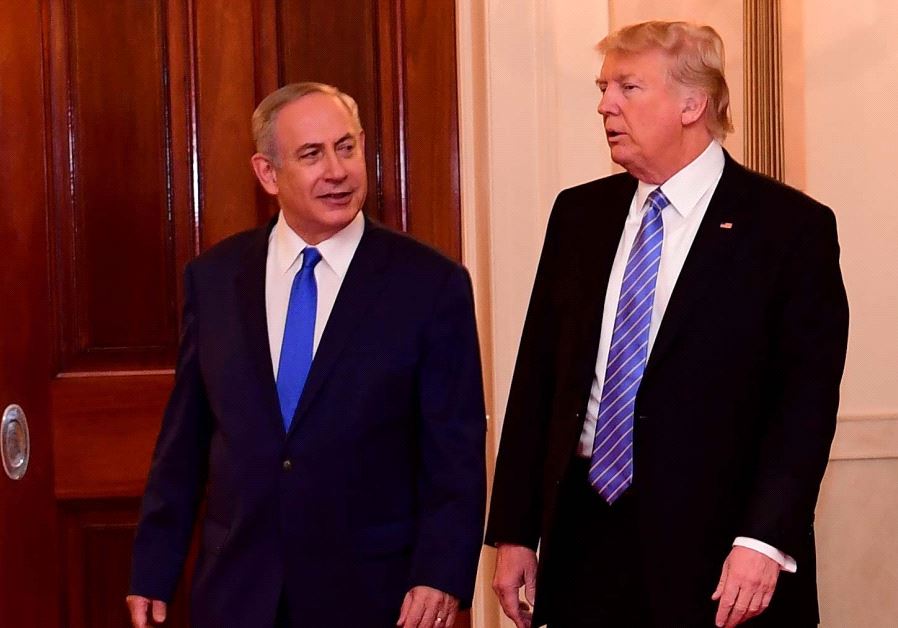Agreement reached to prevent disruption of Trump visit by FM workers
Workers union waiting to see implementation of deal to improve work conditions, says threats still in place.
 PM Netanyahu and President Trump(photo credit: AVI OHAYON - GPO)Updated:
PM Netanyahu and President Trump(photo credit: AVI OHAYON - GPO)Updated: